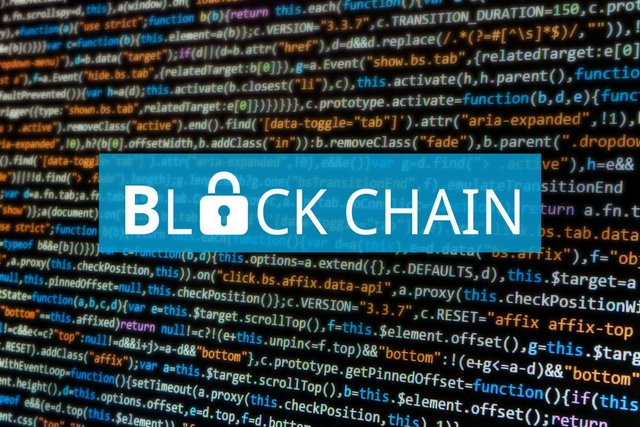The Blockchain law: beyond government control
Blockchain is the most disruptive technology from the Internet, and its arrival generates difficult questions about how, or if, judges and governments can control it.
Should federal agencies, for example, seek to impose "net neutrality" style rules to promote equity in blockchain networks? Should the treasury departments execute mining operations to influence digital currencies such as bitcoins?
These are some of the issues raised in a new important book, Blockchain and the Law: The Rule of Code , by two academics from Harvard and Cardozo School of Law. The book attempts to do by blockchain what the likes of Laurence Lessig and Tim Wu did for the Internet and cyberspace: explain how a new technology will affect the current legal and social order.
In the case of blockchain, it contains little in the way of jurisprudence (blockchain disputes only now come before the judges), and the authors, Primavera De Filippi and Aaron Wright, spend considerable time explaining how block chains work . Namely, they emphasize how blockchain software creates permanent books that are distributed across multiple computers and are beyond the reach of central authorities.
The result is what the authors call " lex cryptographica " or a system of rules where the autonomous and decentralized code, instead of legislators or judges, determines the result of interactions and disputes given.
This has the potential to bring dramatic changes in fields such as corporate and insurance laws. For example, a block chain may distribute dividends to shareholders in accordance with precoded smart contracts. Or, in the case of an earthquake, the chain of blocks of an insurer can consult a third-party server (known as an "oracle" in the blockchain language) to obtain seismic information and organize payments.
These advances promise new levels of efficiency and legal security. But Blockchain and the Law also warn that new technology could undermine governments and human freedom.
For example, the ability to raise money by selling tokens in a chain of blocks (so-called "initial offers of currencies") has already allowed companies to make final analyzes around the Securities and Exchange Commission. As the authors point out, blockchain could do with the securities law what the Internet did with the copyright law.
Meanwhile, the combination of smart contracts and objects connected to the Internet could allow manufacturers to block our everyday possessions with a "Property Rights Management" code that can not be modified or voided.
More obscurely, the semi-anonymous nature of blockchains can facilitate all kinds of criminal behavior: an intelligent contract could promise a reward to the hit men, and pay when the news of the target's death appeared in the New York Times.
Some of these concepts are not completely new. In the case of connected objects that acquire a life of their own, legal scholars like Ryan Calo have been exploring the implications for extracontractual law and criminal law for some time.
But as De Filippi and Wright point out, the introduction of blockchains, and specifically their decentralized, almost indestructible architecture, will make it even harder for the law to keep up.
While Blockchain and the Law pose some frightening scenarios, the authors also pour cold water on the idea that blockchain technology is beyond the control of governments. Although blockchain books, such as Bitcoin, are decentralized and operated by computers in many countries, state authorities can still point to key points in their infrastructure to exercise control.
In the same way that governments have targeted intermediaries like search engines and ISPs to dominate ungovernable aspects of the Internet, they could do the same to put pressure on blockchain networks.
Based on the model described by Lessig in the Code , the authors point out that the law is not the only tool to regulate blockchains. Governments can also use more subtle tools, such as market operations or social norms, to shape the direction of technology.
For example, they could participate in mining operations in blockchain networks, such as Bitcoin, to control prices and vote on coding decisions.
In general, Blockchain and the Law is a fine and deeply researched book that can be expected to appear in the study programs of law schools for years to come. The task of finding and rounding up blockchain cases may fall on other academics, just as James Grimmelmann and Eric Goldman built practical textbooks on "Internet law" in the years after Lessig established the theoretical foundations.
Blockchain and the Law is not just a theoretical guide. It is also moral, as De Filippi and Wright warn that governments that ignore lex cryptographica could lose control of the emerging world of blockchain.
"If a government does not provide protection mechanisms ... the current regulatory framework of government by the rule of law can eventually be replaced by an algorithmic governance system, operated exclusively through the code rule."

